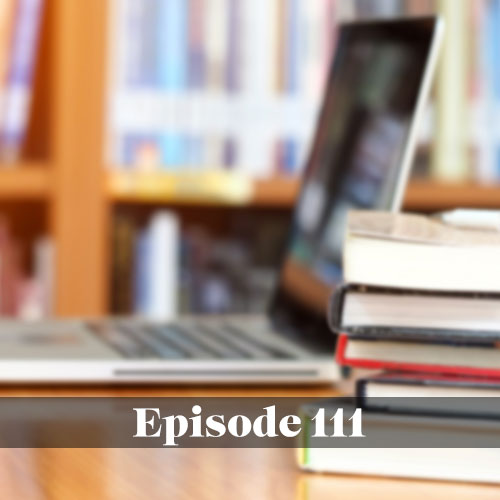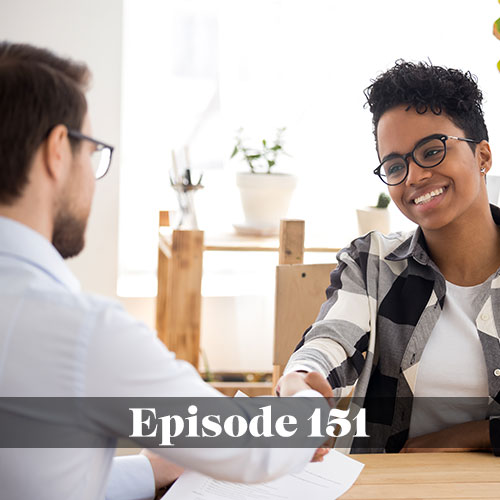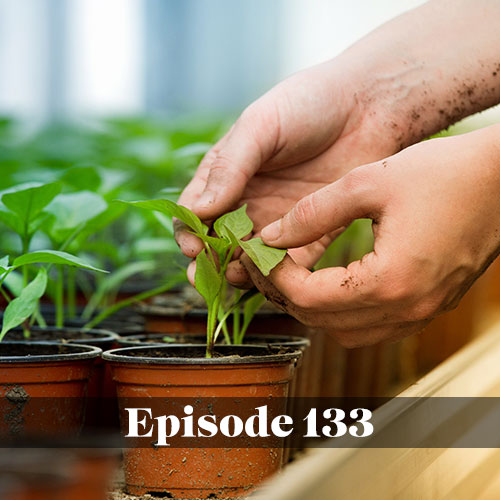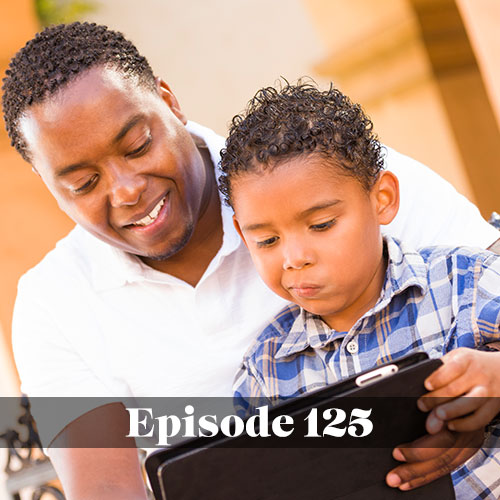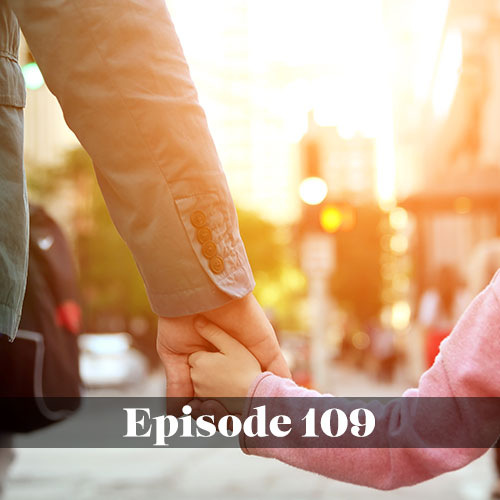In this episode, host Joel Gagne speaks with Rich Hanson, District Administrator for the Almond-Bancroft School District in Wisconsin, about his experiences in working to get ballot initiatives passed. They discuss why town halls don’t always work, the importance of newsletters and socials in communicating your needs to your community, as well as the one thing that Rich would change about public schools.
Rich says he learned early on, while serving in another district, that referendums can be challenging to navigate. The feedback from a previous failed referendum was that the community didn’t really understand what the schools needed.
“That told me loud and clear, we’ve got to share our story,” Rich recalls. “And we have to share our story in a way that people understand—and the message gets to them.”
With only a few months to prepare, he remembers distributing booklets with about 8-10 pages of facts and figures. They were dull, containing nothing that made even him want to turn the page.
“It was like, I have no interest in this, so why would anybody else?”
In the next go-round, Rich and his team sought to “keep it simple,” explaining to the community why funding was needed and what would happen if the schools didn’t get it.
“We developed very basic messages that really told our story,” he says.
The district hammered home that message and didn’t try to cover too much material. Rich says he knows they were successful because a parent said something to the effect of, “enough already with the flyers, I know what you’re saying.”
Social media is another important component to communicating ahead of referendums.
Almond-Bancroft, a small district of 390 students, started with a Facebook page with about 200 people. After working with #SocialSchool4EDU over the course of the referendum (January through April), the Facebook following grew to 800 people.
“Social media is a fantastic platform for us to share information,” Rich says.
He cautions that not all community members will be social media savvy, so it’s important to continue sending flyers and making other outreach efforts.
Taking a unique approach, Rich’s district decided not to hold any large public meetings.
“What we did do, though, is we reached out to community groups and asked if we could come to them,” he says.
Through this method, they were able to get feedback and answer follow-up questions in a more intimate environment. Joel agrees with the approach, explaining that large district referendum meetings can be counterproductive because a small but vocal minority can hijack them.
Joel asks Rich about the first thing he would do as a young leader to get connected to the community. Rich says social media is important, and he’s impressed with some of his younger peers and how they utilize various platforms in connecting with their communities.
Asked what he would change about public education, Rich points to the limited resources available for districts.
“We have so many super-talented teachers and people working with our kids,” Rich says. “But so often their hands are tied because they can’t do the things that they know are best and will be successful, because the resources aren’t there for them.”
Rich says that’s why his district ran the referendum in the first place.
He closes out the episode by recommending the book Servant Leadership by Robert K. Greenleaf to listeners.
Got a question or topic you’d like covered in an upcoming We Love Schools podcast? Email us at info@weloveschoolspodcast.com
First time listening to We Love Schools? Learn more about our weekly podcast.
Interested in learning more about how the Allerton Hill Communications team can help your school with communications? Contact us today.


